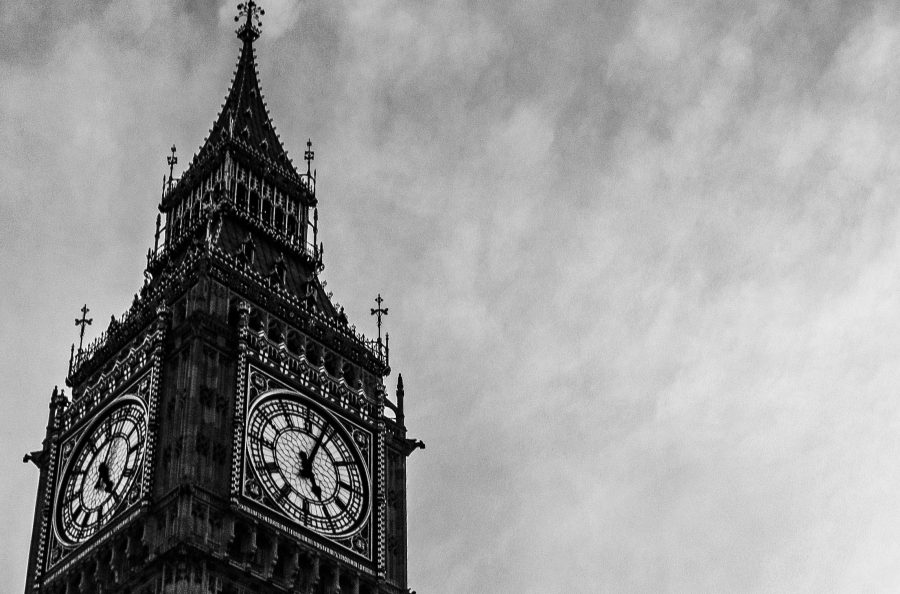Last Monday, the Government capitulated to the Opposition’s attempt to bind its hands on Brexit via Hilary Benn’s bill (now the European Union (Withdrawal) (No.2) Act 2019) mandating it to seek and agree an extension of Article 50.
Having lost in the Commons there was an attempt to stage a filibuster in the Lords, but despite providing some spectacle for politicos this too was eventually called off.
Some excitable commentators have suggested that Boris Johnson might simply ignore the new law, but this would be totally unacceptable. Indeed, it would undoubtedly be politically fatal for any government deliberately to break the law. Had the Prime Minister wanted to demonstrate genuine political steel he might yet have prevented Benn’s bill from becoming law at all by advising the Queen to refuse to grant it Royal Assent.
It would undoubtedly have been extremely controversial. But so too have been many of the tactics already employed by both sides as they ransack our constitutional arsenals for increasingly arcane weaponry, and it might have allowed him to force the Commons to make the honourable choice: to dismiss his Ministry and try to form another, or to authorise a general election.
The debate in this area is both descriptive and normative. There is an active debate going on between those who think the Prime Minister still has power, descriptively, to advise the withholding of Assent in extreme circumstances and those who think Royal Assent now happens automatically at the behest of the Commons and Lords. The normative debate turns on whether or not refusing Assent is, as a matter of principle, democratically legitimate or is, as one critic put it, “objectively authoritarian”.
Yet we can’t entirely separate the two, because when it comes to the constitution legal arguments have a strange relationship with the ‘is-ought’ problem. Whilst often conducted between legal experts, the debates themselves seem often not to be questions about what the constitution is (upon which one can be an expert) but upon what it ought to be, a fundamentally political question which should not be confined to legal circles and experts.
Indeed Tom Bingham, the former Lord Chief Justice, in his book The Rule of Law, arguably fell afoul of the same conflation of political and legal discourse when he called for a “thick” definition of ‘the rule of law’ which encompassed various specific political ends, which he personally supported, and that he argued should benefit from legal codification.
The question is unlikely ever to be contested in court, as it is non-justiciable ‘high policy’ (although this is now perhaps less certain than it might have been). However, the question of whether or not we have an executive veto is likely to rest at least in part on whether or not those involved are persuaded that we ought to have one. Therefore we must examine both the descriptive and the normative arguments.
Let’s first look at the case for the veto existing. It is very simple. The veto is a legal power that has clearly been exercised in the past. Nothing has been done to abolish it. Laws do not fall into desuetude by not being used.
Although the definition is often elided by commentators, the House of Commons is not the same as ‘Parliament’. ‘Crown-in-Parliament’ consists of the Commons, the House of Lords, and the Crown. Parliamentary sovereignty, a widely-misused concept, applies only to legislation which has been approved by all three of those elements, which is to say has passed the Commons and the Lords and received Royal Assent. Such legislation is then officially on the Parliamentary Roll and is binding law.
Passage through the two Houses on their own is therefore no basis for arguing that Royal Assent is compulsory because ‘Parliament’ has allegedly approved it. It has not.
Critics of the proposal rightly point out that the last recorded instance of legislation being vetoed by the Crown was when Queen Anne, on the advice of her ministers, refused Assent to the Scottish Militia Bill in 1708.

























